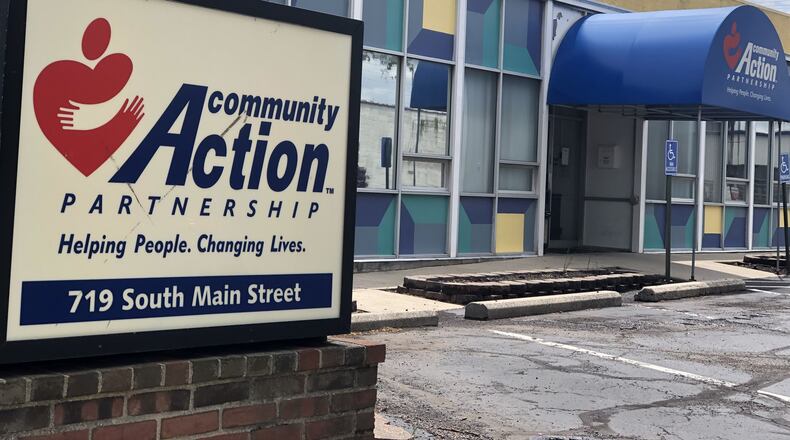But Miami Valley CAP will get a large chunk of new money for emergency services, including rental and mortgage assistance and eviction prevention and help, said Lisa Stempler, president and CEO of the partnership.
“A lot of this money will go directly back into the community,” she said. “That’s not usually what we get to do … it’s very exciting.”
Coronavirus: Complete Coverage by the Dayton Daily News
More than 1,000 community action agencies nationwide will share the money to combat poverty and provide social services and emergency assistance to millions of low-income Americans impacted by COVID-19.
The money is supposed to help communities respond to increasing unemployment and economic disruption.
The CARES ACT money is coming — it’s just a matter of when and how much, Stempler said, noting that it will benefit low-income residents in Montgomery, Greene, Preble and Darke counties
In addition to direct assistance, Miami Valley CAP plans to use the money to hire a new lawyer in its legal clinic to handle eviction work. Until now, the clinic solely focused on employment issues.
“We believe (evictions) is the largest area of need right now,” Stempler said.
MORE: Dayton to permanently close 2 golf centers
Some funds will be committed to the legal clinic to help pay fines, fees and court and administrative costs.
Some money will pay for a new program that will use local chefs and cooks to prepare hot and frozen meals for people in need.
The CARES Act also expands CSBG funding eligibility, allowing states to serve people up to 200% of the federal poverty guideline, instead of the standard 120% cut-off point.
Even before the COVID-19 pandemic, many Americans were struggling to pay their rent, including 700,000 Ohioans who were were rent burdened, meaning more than 30% of their income went to housing, said Matthew Currie, managing attorney for Advocates for Basic Legal Equality in Dayton, which provides legal assistance to low-income residents.
Ohio has an estimated 630,000 unemployed tenants, as COVID-19 has resulted in mass layoffs and furloughs, he said.
“With more than 1 million Ohioans filing for unemployment since the pandemic hit Ohio, I expect a surge in eviction filings and eviction judgments against tenants,” he said.
Stable housing is needed to stabilize the economy, and rental assistance funds and legal representation are needed to prevent widespread homelessness and help tenants as they re-enter the workforce, Currie said.
Montgomery County also has been awarded about $200 million in CARES Act funds, some of which county officials plan to use for rental, mortgage and utility assistance.
The county plans to distribute millions of dollars of stimulus funds to help keep people in their homes and avoid eviction, said Montgomery County Administrator Michael Colbert.
Federal lawmakers also have proposed another new stimulus bill that would provide rental assistance to low-income and laid-off citizens.
MORE: E-bikes are coming soon to Dayton. Here’s when they hit the streets.
About the Author

